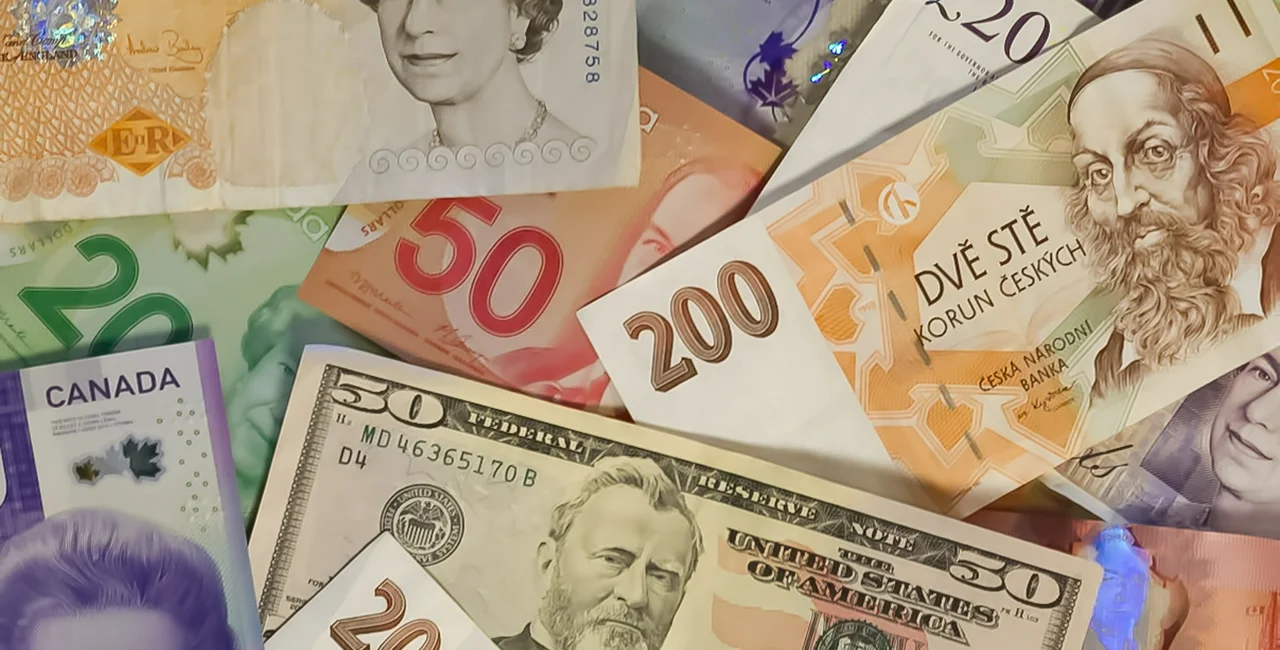Tax Freedom Day in the Czechia falls this year on June 13, four days earlier than last year. In 2023, Czechs will work for the state for 163 days.
The Czech think tank Liberal Institute has been calculating Tax Freedom Day since 2000. The concept refers to the imaginary moment from which all wages go to a person’s account. Until then, all their income goes to the state.
"In the two years of the coronavirus pandemic, the Czech Republic experienced the two least fiscally free years, and unfortunately we have moved into the 'new normal' of large government expenditures and large public budget deficits," institute director Martin Pánek said in a press release.
Tax Freedom Day is calculated based the expenditure side of public finances. These are the expenses that must be financed with tax revenues and which, in the case of deficit budgets, also determine the need to repay the debt in the future.
People worked the most for the state in 2020 and 2021
"The [current] government inherited the fiscal situation and the blame therefore does not lie entirely with it. It can be partially praised for the fact that Tax Freedom Day is moving back toward the beginning of the year, which should be confirmed in the following years if the parliament accepts at least part of the austerity package," Pánek added.
In Czechia, the earliest Tax Freedom Day was in 2018, when it fell on May 22. People worked 142 days for the state before earning money for themselves. The latest was in 2021 when it fell on June 26. In 2020, which was a leap year, it was June 25. In both years people worked 175 days for the state.
MusÃme vydržet jeÅ¡tÄ› jeden mÄ›sÃc. Po 13. Äervnu 2023 již zaÄneme vydÄ›lávat na sebe. Do té doby, celých 163 dnÃ, pracujeme pouze pro stát. LetoÅ¡nà Den daňové svobody je o ÄtyÅ™i dny dÅ™Ãve než loni. https://t.co/S1i3DYEM3d pic.twitter.com/QVv7GSnq2H
— Liberálnà institut (@libinstcz) May 15, 2023
"In previous years of Tax Freedom Day, long before the pandemic and the war, we warned that Czech public finances needed reform and that permanent deficits would mean that there would be nowhere to go in a crisis," Pánek said.
"We also pointed out that in a situation of low interest rates, the debt lives easily, but that this situation will not last forever. The last few years have proven us right and it is positive that the government is also noticing this, but even more drastic steps need to be taken," he added.
Ireland is the first European country to welcome tax freedom
This year, tax freedom arrived first in Ireland (March 19) and then in Switzerland (May 9). It falls this week in Israel (May 17) and the United States (May 18). On the contrary, the longest waits are in France (July 30), Belgium (July 23), and Finland (July 21). Compared to the pandemic years, the average of OECD countries fell by two weeks and falls on June 6.
The Liberal Institute (Liberální institut) is the oldest Czech liberal think-tank. Its goal is to use education projects to promote the classical liberal ideas of free markets and minimal government. It was established in 1990, just after the fall of communism in Czechoslovakia.












 Reading time: 2 minutes
Reading time: 2 minutes 





























